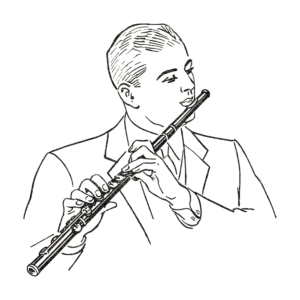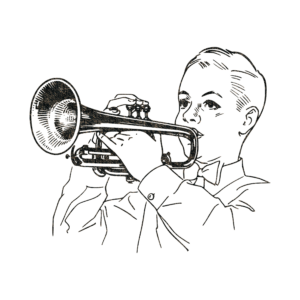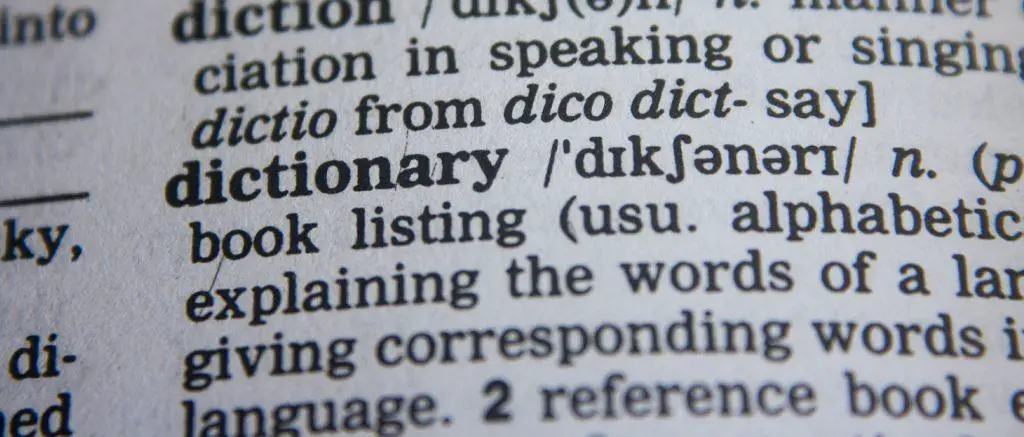How Learning a Language Is Like Learning a Musical Instrument
If you’ve ever learned to play a musical instrument – or even thought about it – you’ll know it’s no easy feat. The same goes for learning a new language. At first, both seem daunting, but with time, practice and persistence, you can achieve amazing results.
Here’s a closer look at how learning a language is strikingly similar to mastering a musical instrument, and how understanding these parallels can inspire your language-learning journey.
If you prefer your content in video format, please check this out.
Practice Makes Progress
 When you first pick up a musical instrument, even the simplest actions feel awkward. Your fingers don’t seem to cooperate, and the sounds you produce might be far from harmonious. Similarly, when you start learning a language, pronouncing words, forming sentences and understanding grammar rules can feel clumsy and unnatural.
When you first pick up a musical instrument, even the simplest actions feel awkward. Your fingers don’t seem to cooperate, and the sounds you produce might be far from harmonious. Similarly, when you start learning a language, pronouncing words, forming sentences and understanding grammar rules can feel clumsy and unnatural.
But just as consistent practice turns rough notes into beautiful melodies, regular language practice transforms hesitant speech into confident communication.
Tip for both:
- Set aside daily time for practice. Even 15 minutes a day can lead to noticeable progress over time.
- 15 minutes a day is better than 2 hours, once a week.
Building Muscle Memory
Musicians rely on muscle memory to play smoothly. The fingers of a pianist, for example, instinctively find the right keys after hours of repetition. Language learners develop a similar kind of “muscle memory” in their brains. With enough repetition, common phrases and sentence structures become second nature.
Example:
- A guitarist practices chord transitions repeatedly until they can switch seamlessly.
- A language learner practices phrases like “How are you?” and “Can you help me?” until they flow without hesitation.
The Power of Scales and Drills
No one enjoys practicing scales on a piano or running through repetitive exercises on a guitar. Yet these foundational drills are crucial for building technique and fluency.
In language learning, this is akin to practicing verb conjugations, vocabulary lists and pronunciation drills. While it might feel tedious, these exercises lay the groundwork for more advanced skills.
Tip for motivation:
- Combine drills with fun activities. For example, practice vocabulary with a game or learn grammar by writing your own short story.
Listening Is Learning
Musicians spend countless hours listening to music to understand rhythm, tone and style. In language learning, listening plays an equally vital role. By exposing yourself to native speakers, you absorb pronunciation, intonation and natural phrasing.
Example activities:
- For musicians: Listen to recordings of your favourite pieces to inspire your practice.
- For language learners: Watch movies, listen to podcasts or enjoy music in your target language to train your ear.
The Role of Creativity
Both music and language are creative pursuits. Musicians don’t just follow notes on a page; they interpret and express them in unique ways. Similarly, language learners move beyond memorising words to expressing their thoughts, emotions and ideas.
Example:
- A violinist might add their own flair to a classical piece.
- A language learner might craft original sentences to tell a story or describe their day.
Mistakes Are Part of the Journey
 If you’ve ever learned a musical instrument, you know how frustrating mistakes can be. Whether it’s hitting the wrong note or playing out of tune, errors are inevitable – and essential. They show you where to improve.
If you’ve ever learned a musical instrument, you know how frustrating mistakes can be. Whether it’s hitting the wrong note or playing out of tune, errors are inevitable – and essential. They show you where to improve.
The same applies to language learning. Mispronunciations, grammatical slip-ups and awkward phrasing are all part of the process. Each mistake is a step closer to mastery.
Reframe mistakes:
- Instead of fearing them, view them as feedback. Just as a pianist corrects a wrong note during practice, a language learner adjusts their speech based on corrections.
Goals and Milestones
In both music and language learning, setting clear goals helps maintain focus and measure progress. For musicians, this might be performing a piece flawlessly or playing in front of an audience. For language learners, it could be having a 10-minute conversation or writing an essay in the target language.
Tips for tracking progress:
- For musicians: Record your practice sessions and compare them over time.
- For language learners: Keep a language journal or record yourself speaking regularly.
Support and Guidance
Behind every great musician is a teacher, mentor or community. Language learners benefit just as much from support systems, whether it’s a tutor, a language exchange partner or a group of fellow learners.
How I Can Help You:
I specialise in helping English learners build confidence and fluency through personalised guidance and supportive communities.
- Corporate Training: I can come to your company premises for in-person training or offer online sessions.
- English Learners Community: Join our worldwide group for live training, interactive activities and support from fellow learners.
Just like learning an instrument, language learning is a journey best taken with the right guidance and motivation.
Finding Your Rhythm
Whether you’re mastering a musical instrument or learning a language, the journey is full of challenges and rewards. Both require dedication, creativity and persistence – but the sense of accomplishment when you play your first song or hold your first conversation is worth every effort.
If you’re ready to make progress in your English skills, reach out for personalised training or join our supportive learners’ community. Share your thoughts in the comments: have you ever learned a musical instrument or a new language? What helped you stay motivated?
Let’s make learning both fun and rewarding!


